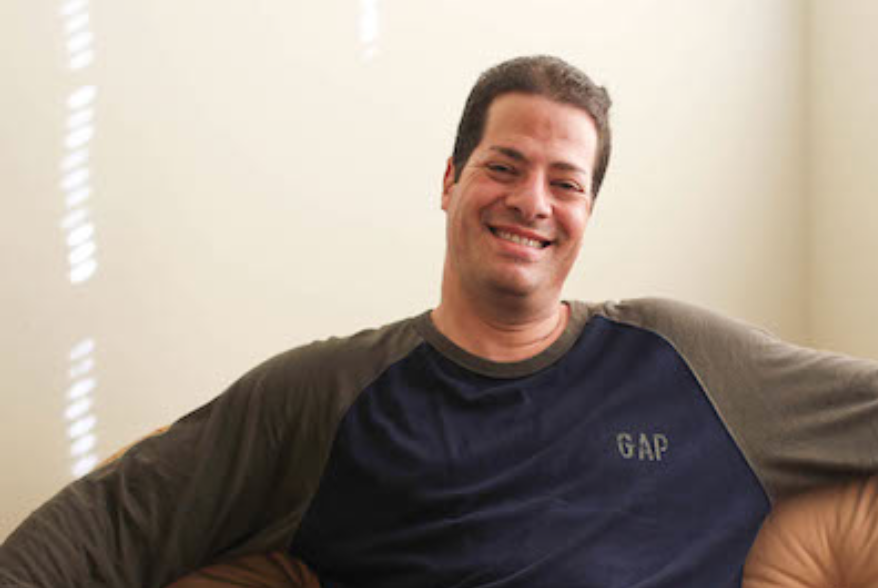By: Barbara B. Smith, LCSW
Clinical Assistant Professor, UNC School of Social Work
In the fall of 2011, I was working with a woman who was homeless. In one of our sessions, she mentioned that some “college kids” had given her a laptop. Who were these college kids, I wondered? Over the next year, I was very pleased to learn about the Community Empowerment Fund and the great work being done in our local community.
I had a more formal introduction to Jon Young and Maggie West through the 100K Homes Task Force. In January 2012, I started participating on this group, and offered to provide mental health assessments to people who might need them through the UNC Center for Excellence in Community Mental Health. CEF advocates took me up on the offer, and brought in a woman they had been providing outreach to for a couple of years. They provided incredible support to her which allowed her to engage in treatment. We created a team around one person, and helped her access housing through Shelter Plus Care, and to successfully navigate a disability claim. She now has an apartment and income.
In July 2012, Gary Cuddeback, a colleague at the School of Social Work, and I received a grant from the Kate B. Reynolds Charitable Trust to implement a pilot of critical time intervention (CTI). CTI is an intensive case management model that is designed for people with mental illness who are homeless or at risk of homelessness. We work hard to engage people in treatment, and to make sure there basic needs are met. Our CTI team depends on community partners for success, and CEF is a key partner. Many of the people we are working with in the CTI project had untreated mental illness. For those who need it, getting connected to mental health treatment can improve the chances of being successfully housed and employed.
At a time when our formal systems for supporting vulnerable people in our communities are faltering, our connection to CEF gives me hope. I’ve found energetic, committed, smart, and creative people who understand what it takes to help others change their lives: practical tools for financial empowerment, and social connection and support. I look forward to a long and mutually helpful partnership!









